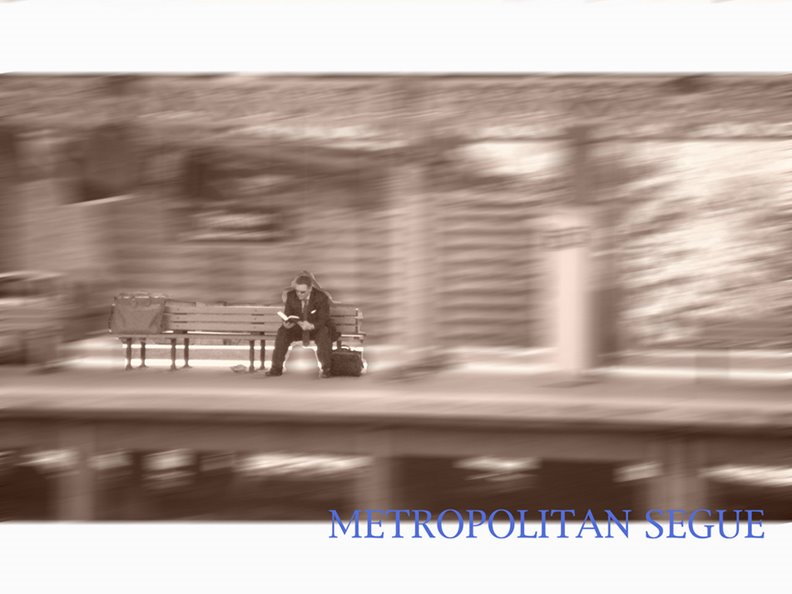
Digital gums have been bumping since the initial postponement of Clipse's sophomore album, Hell Hath No Fury, nearly three years ago. Due to the delay of the album, in true DIY fashion, Clipse were left no option but to release We Got It For Cheap, Vol 1 & 2 to prolong the buzz surrounding their talents. Hip-hop fiends, whether they be blogger, college student, or crack-hop connoisseur, have been "on line" since Jive finally got off their collective corporate asses and gave the go ahead for the album's release late November of 2006. After the delivery of their first album, Lord Willin', The Clipse were met with mixed reviews. The crack game, personified in verse, seemed less like a blessing, and more like a curse for the Virgina Beach natives. Although the beats on which they conveyed their Pyrex parables were of the best Neptune variety, many still argued that the dichotomy of ominous beats and gaudy lyrics still produced a cliché coke story that those in the realm of contemporary hip-hop are all too familiar with. Reinforce stereotypes they say? It's all be done before? Perhaps, but seldom is it done so well. At first glance, yes, Hell Hath No Fury is a perfect example of Bill O'Reilly's most horrid fears. The Clipse sling ye, and pitch base via Bose speakers, and they do it with a flair that could wow any boyo from the hood. There is very little subtlety about Malice and Pusha T's "off season" profession, and they use this album as their lyrical confession. "Dirty Money" provides insight toward life behind the scale. A sinister guitar and ratcheting hi-hat provide the medium for these brothers to impart their wisdom on those unsure of how to spend the ill-gotten spoils of their labors. "Keys Open Doors" may be the most ingenious aspect of the album. With a ghostly ambiance hovering menacingly above the metallic chimes of a Chad Hugo (we speculate) & Pharrell Williams collaboration, Push and Mal continue to pontificate the potency of "base-ballin'" and the future benefits it can potentially provide. The Clipse manage to sustain this scale throughout the album. The production is almost impeccable on this album, and may be the best thing the Neptune's have produced in years. Pharrell's love for obscure instrumentation (there is an blaring accordion nestled to a trunk rattling snare on "Momma I'm Sorry") juxtaposed to Chad's warping, baleful, and dismal synths trump anything else this year, which is sure to leave countless paranoid, or "p-noid", of impending doom. Although Chad is not mentioned in the actual credits, after Pharrell's lackluster showing on his solo project, one can't help but notice the drastic change. All of these aspects, intricately pieced together, is what makes Hell Hath No Fury such an excellent work. The brothers are so simply complex in their delivery, that they overshadow their actual deeds, and give focus to the presentation. It is an album dedicated to narrating the life that birthed late 80's/ early 90's hip-hop, which is still a prevalent option today, albeit a negative lifestyle. Hell Hath No Fury like to brothers with lyrical talent scorn, and the backing of two super producers. We should just consider ourselves lucky that Jive figured out how to market Clipse "correctly" before the Apocalypse. Yugck!

No comments:
Post a Comment